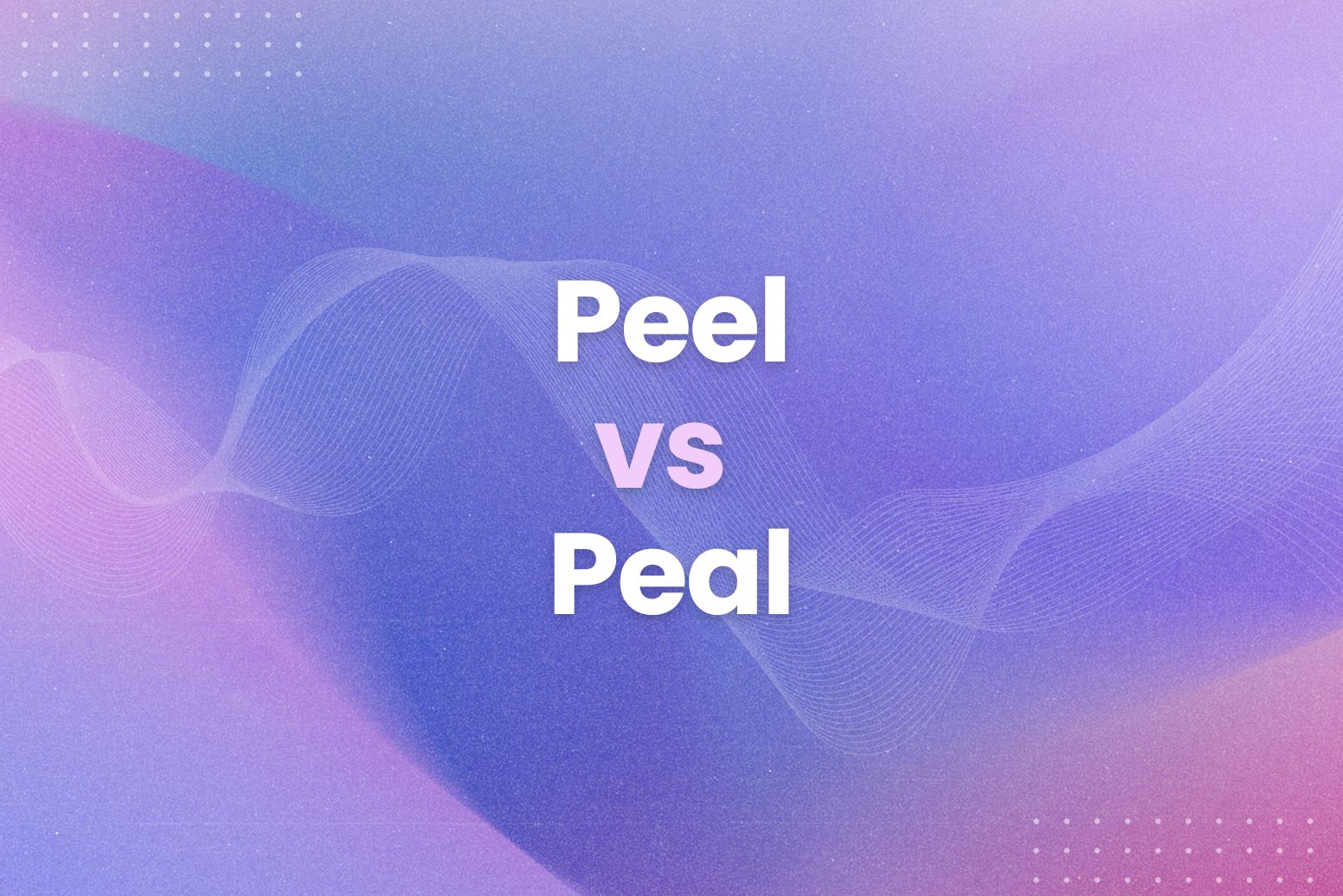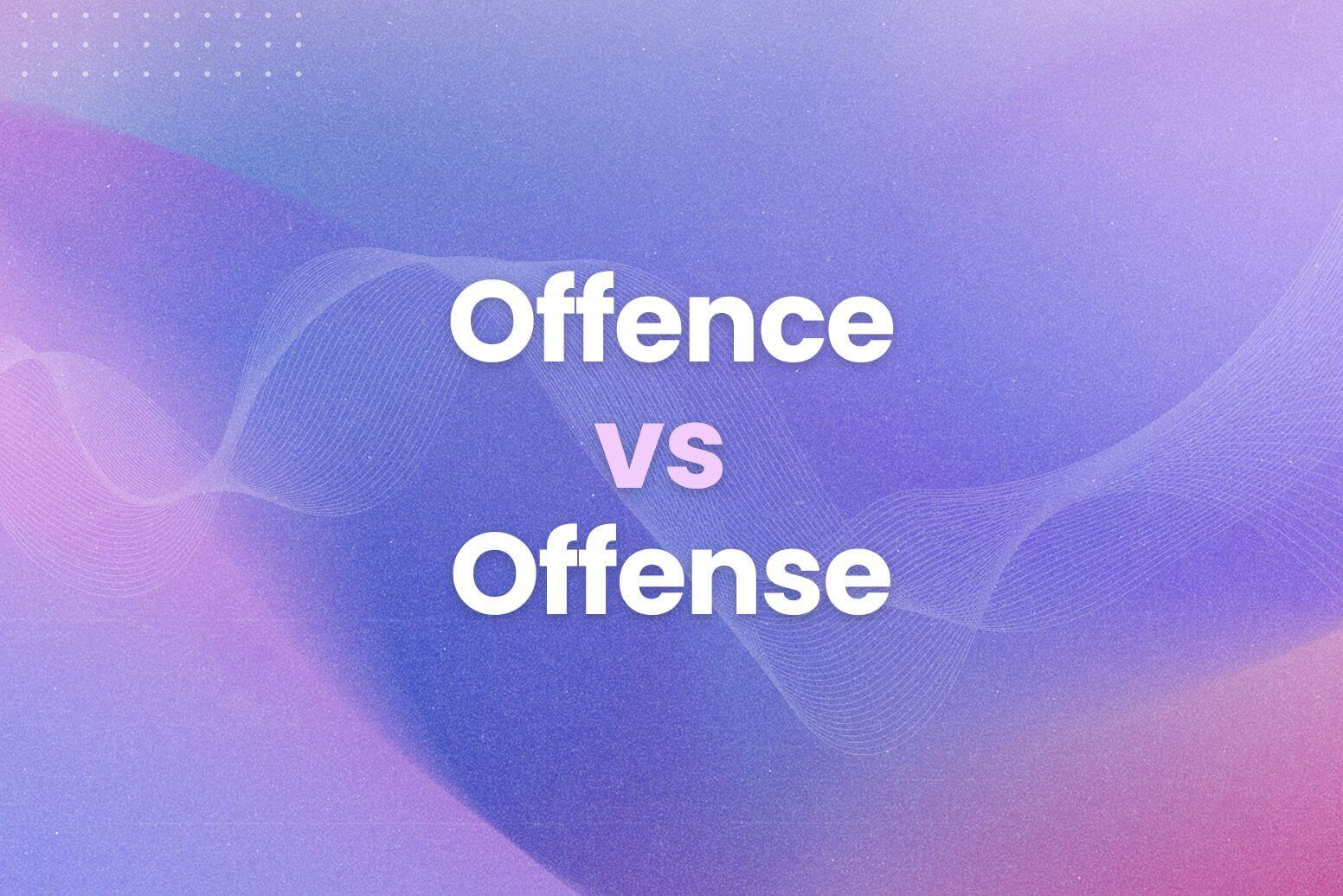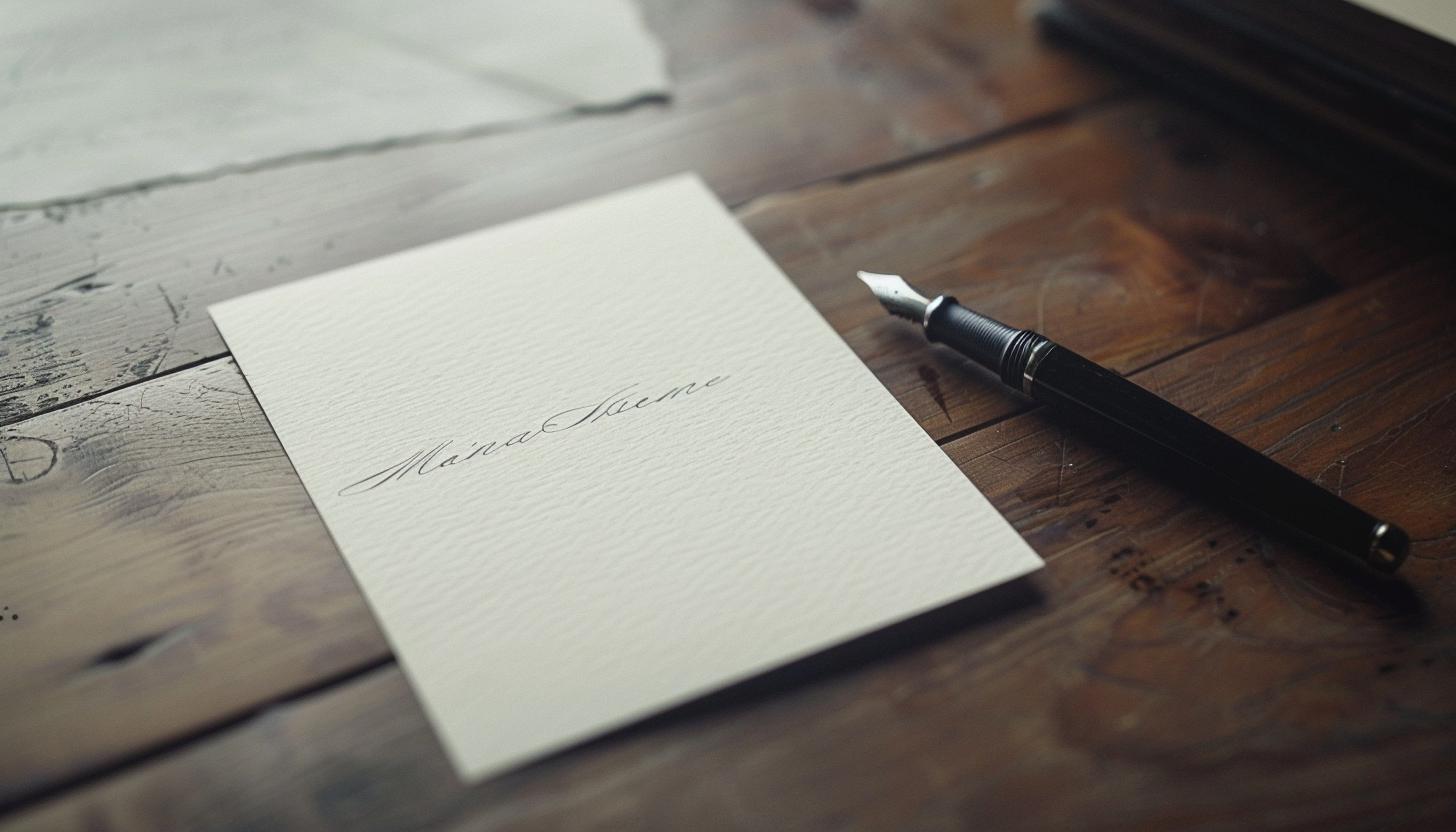The phrase peel vs peal highlights one of the most common mix-ups in the English language, but it’s not hard to see why people mix up peel and peal. These two words are homophones, meaning they sound the same but have completely different meanings. Despite being easy to confuse them, knowing the difference between peel vs peal makes your writing much clearer and more accurate.
If you want to jump straight into it, check out Arvin AI’s free Grammar Checker.
What Does Peel Mean?
Definition
Peel is a simple word with two main uses: it’s a verb when talking about removing the outer layer of something, like fruit or vegetables, and it’s a noun when talking about that outer layer itself.
As a Verb: To take off the skin or outer layer of something.
- Example: “You must peel the Sunkist orange before eating it.”
As a Noun: The skin or covering that’s removed.
- Example: “Don’t leave the banana peel on the floor—it’s gross!”
Usage
Everyday Life:
- You probably use this word most when cooking or eating. Think about peeling an apple, a potato, or a banana.
- “Peel the carrots before putting them in the ABC soup.”
Describing Surfaces:
- It’s also used for things that come off in layers, like paint or wallpaper.
- “The old yellow paint was peeling off the fence after years of rain, exposing the rotting wood underneath.”
Metaphors and Figurative Language:
- Sometimes, “peel” is used figuratively to talk about uncovering something or getting to the truth.
- “She peeled back the layers of the unsolved mystery to try to figure out what really happened.”
Examples of Peel in Sentences
- “I hate peeling potatoes—it takes forever!”
- “The banana peel made the sidewalk super slippery.”
- “As we peeled away the wallpaper, we found old graffiti underneath.”
What Does Peal Mean?
Definition
Peal is all about sound—usually loud and resonant. It’s mostly used to describe the ringing of bells, laughter, or even natural sounds like thunder. The word can act as both a noun and a verb, depending on how it’s being used.
- As a Noun: A loud sound or a series of sounds, like bells ringing or thunder rumbling.
- Example: “The peal of church bells echoed through the valley after the ceremony.”
- As a Verb: To make a loud, ringing noise.
- Example: “The wedding bells pealed joyfully in the evening air.”
Usage of Peal
Bells and Celebrations:
- It’s commonly used when talking about bells, especially in big moments like weddings, holidays, or church ceremonies.
- Example: “The peal of bells marked the beginning of the service.”
Laughter:
- Sometimes, “peal” describes laughter that’s so loud and happy, it feels like it’s ringing out.
- Example: “Her peal of laughter filled the room, making everyone smile.”
Natural Sounds:
- It can also describe dramatic natural noises, like thunder rolling across the sky.
- Example: “A peal of thunder shook the house during the storm.”
Examples of Peal in Sentences
- “The bells pealed loudly, celebrating the new year in the town square.”
- “We all burst into peals of laughter when the comedian delivered his punchline.”
- “The distant peal of thunder signaled that a storm was on its way.”

Still feeling confused? Let our AI Article Writer help you with that. It can write anything from blog posts to product summaries, for free.
Peel vs Peal Grammar Rules
Part of Speech:
- Peel can be used as a verb or a noun.
As a Verb:
- It means to remove the outer layer of something, such as the skin of a fruit or vegetable.
- Tenses: Peel is a regular verb that follows standard conjugation rules: peel, peeled, peeling.
Examples:
- Present: “I peel oranges before eating them.”
- Past: “She peeled the wallpaper off the wall.”
- Continuous: “They are peeling potatoes for dinner.”
As a Noun:
- It refers to the outer covering of something, like the skin of a fruit.
Examples:
- Singular: “The banana peel was left on the floor.”
- Plural: “Apple peels can be used in compost.”
Part of Speech:
- Peal can also function as a noun or a verb.
As a Noun:
- It refers to a loud, ringing sound, often from bells or laughter.
- Can be singular or plural, depending on the context.
Examples:
- Singular: “The peal of the church bells echoed across the valley.”
- Plural: “Peals of laughter erupted from the crowd.”
As a Verb:
- It means to produce a loud, resonant sound, typically associated with bells or thunder.
- Tenses: Peal is also a regular verb: peal, pealed, pealing.
Examples:
- Present: “The church bells peal every Sunday morning.”
- Past: “The bells pealed loudly during the wedding.”
- Continuous: “The thunder is pealing across the sky.”
Key Differences Between Peel vs Peal
| Aspect | Peel | Peal |
| Definition | Removing an outer layer (verb) or the outer covering itself (noun). | A loud, resonant sound (noun) or the act of producing such sounds (verb). |
| Part of Speech | Verb and noun. | Verb and noun. |
| Context | Cooking, cleaning, or describing layers. | Sounds like bells, laughter, or thunder. |
| Examples (Verb) | “Peel the banana before eating it.” | “The bells pealed joyfully after the ceremony.” |
| Examples (Noun) | “Throw the orange peel in the trash.” | “The peal of thunder startled everyone.” |
| Grammar | Regular verb: peel, peeled, peeling. Singular/plural: peel, peels. | Regular verb: peal, pealed, pealing. Singular/plural: peal, peals. |
Examples of Peel in Real Life
Cooking:
- “She peeled the apple before slicing it for the apple rhubarb pie.”
- “Don’t forget to peel the potatoes for the mashed potatoes.”
Everyday Tasks:
- “The sticker peeled off the water bottle after it got wet.”
- “He peeled the tape off the wall carefully to avoid leaving residue.”
Natural Detachment:
- “After a bad sunburn, her skin began to peel, exposing the raw skin underneath.”
- “The old paint on the house was peeling, revealing the wood underneath.”
Figurative Use:
- “As the investigation continued, they began to peel back the layers of the murder.”
- “Peel away your doubts, and you’ll see the solution more clearly.”
Examples of Peal in Real Life
Church Bells:
- “A peal of church bells rang through the town on Christmas morning.”
- “The peal of the bells signaled the start of the wedding ceremony.”
Laughter:
- “The comedian’s punchline sent the room into peals of laughter.”
- “Her loud, contagious peal of laughter made everyone else laugh too.”
Thunderstorms:
- “The peal of thunder rolled across the sky during the storm.”
- “Peals of thunder shook the windows as the rain poured down.”
Celebrations:
- “The bells pealed joyfully as the town celebrated its anniversary.”
- “A peal of joy erupted from the crowd when Messi scored the winning goal.”
Common Errors to Avoid: Peel vs Peal
Mixing Peel with Peal:
- Incorrect: “The thunder peeled through the night.”
- Correct: “The thunder pealed through the night.”
Using the Wrong Noun:
- Incorrect: “He slipped on a banana peal.”
- Correct: “He slipped on a banana peel.”
Swapping Meanings:
- Remember, peel is about removing layers, and peal is about ringing or loud sounds.
Idiomatic Expressions with Peel
“Peel back the layers”
- Meaning: To dig deeper into a situation or reveal hidden truths.
- Example:
- “As the journalist peeled back the layers of the story, she discovered shocking details.”
- “Like in Shrek, when you peel back the layers of his tough exterior, you see a kind-hearted ogre.”
“Peel off”
- Meaning: To leave or separate from a group or surface.
- Example:
- “The car peeled off from the pack and took a shortcut.”
- “Dom and Brian peeled off from the pack in their suped-up cars during the street race.”
“A banana peel”
- Meaning: A trap or a situation that could cause embarrassment or trouble.
- Example:
- “The politician’s poorly worded statement became a banana peel in the media frenzy.”
- “He stepped on a metaphorical banana peel with that bad tweet—it went viral for all the wrong reasons.”
“Peel someone off the ceiling”
- Meaning: To calm someone down when they’re overly excited, stressed, or angry.
- Example:
- “She was so mad about the test results, we had to peel her off the ceiling.”
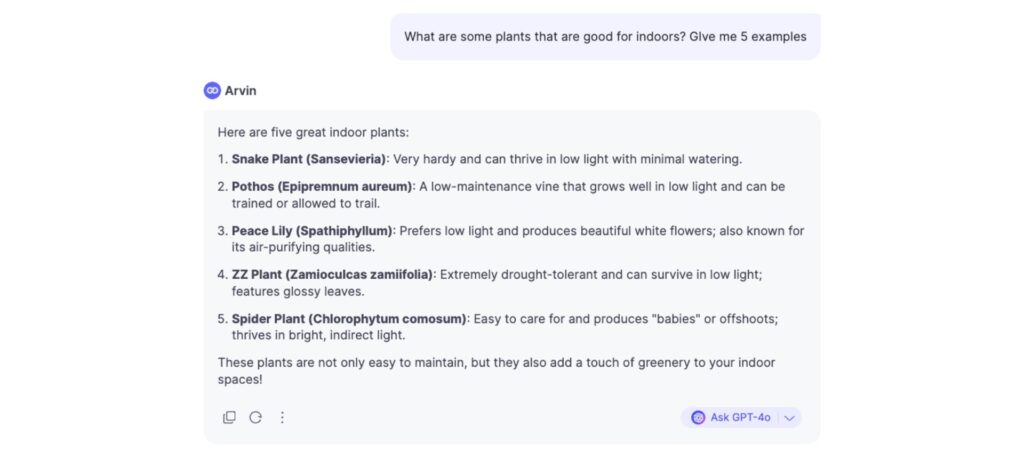
If you want more practice, check out Arvin AI’s Chat, to customise your learning process today.
Idiomatic Expressions with Peal
“A peal of laughter”
- Meaning: A loud burst of laughter.
- Example:
- “Her joke sent the room into a peal of laughter.”
- “The peal of laughter from the audience showed that Chandler’s joke landed perfectly.”
“A peal of bells”
- Meaning: The ringing of multiple bells in celebration or ceremony.
- Example:
- “The peal of bells announced the start of the wedding.”
- “The peal of bells in the final scene of Father of the Bride perfectly captured the love and joy of the wedding.”
“Peals of thunder”
- Meaning: Rolling, loud thunder during a storm.
- Example:
- “The peals of thunder made it hard to sleep that night.”
- “Peals of thunder set the mood as Voldemort confronted Harry in the graveyard.”
“Pealing with joy”
- Meaning: Laughing or expressing happiness loudly.
- Example:
- “The kids were pealing with joy as they ran through the sprinklers.”
- “Buddy the Elf was pealing with joy when he saw Santa at the department store.”
Peel in a Sentence
- “In Mario Kart, slipping on a banana peel can turn the race upside down instantly, costing you first place.”
- “As Spider-Man peeled off his mask in Spider-Man: No Way Home, the crowd in the theater erupted into applause.”
- “In Toy Story, Mr. Potato Head hilariously peels off his face pieces during a heated argument with Woody.”
Peal in a Sentence
- “The peal of church bells at the end of Home Alone signified Kevin’s reunion with his family, creating a heartwarming moment.”
- “In The Sound of Music, peals of laughter echoed as the Von Trapp kids played pranks on their strict governess.”
- “During the final battle in The Lion King, the peal of thunder added to the intense showdown between Simba and Scar.”
Peel vs Peal vs Pealing
| Aspect | Peel | Peal | Pealing |
| Definition | To remove a layer (verb) or the outer layer itself (noun). | A loud ringing sound (noun) or the act of ringing (verb). | Ongoing or repeated ringing sounds (present participle). |
| Part of Speech | Verb, Noun | Noun, Verb | Present participle (verb). |
| Context | Cooking, cleaning, or removing layers. | Sounds like bells, thunder, or laughter. | Describing the continuous ringing of sounds. |
| Examples | “Peel the apple.” / “The orange peel was slippery.” | “A peal of bells echoed.” / “The bells pealed loudly.” | “The pealing bells announced the festival.” |
Peal vs Peel Off
The correct choice depends entirely on the context of the sentence. While both phrases exist, they mean completely different things.
Peel Off
Definition:
- Refers to removing an outer layer or separating from something.
- Most commonly used in literal and figurative contexts.
Usage:
- Literal: To remove a physical layer or covering.
- Example: “He peeled off the sticker from his laptop.”
- Figurative: To separate or leave a group.
- Example: “One car peeled off from the convoy and took a different route.”
Peal Off
Definition:
- Refers to the ringing of bells or the creation of a loud sound.
- It’s much less commonly used and typically refers to the sound of bells “pealing off.”
Usage:
- Sound-related: Bells ringing loudly in succession.
- Example: “The bells pealed off joyfully as the ceremony began.”
Pealing or Peeling Paint
The correct term is peeling paint, not pealing paint.
Peeling Paint
Definition:
- Paint that is flaking, cracking, or coming off a surface in layers.
Usage:
Refers to the physical action of paint detaching from a surface.
Example:
- “The old house had peeling paint on its walls, revealing the wood underneath.”
Pealing Paint
Why It’s Incorrect:
Pealing relates to loud, resonant sounds, such as bells ringing or thunder rumbling. Paint does not make sounds, so “pealing paint” doesn’t make sense.
Eyes Peeled or Pealed
The correct phrase is “eyes peeled”, not “eyes pealed”.
Eyes Peeled
Definition:
To be watchful, alert, and focused. The phrase suggests metaphorically “peeling” back layers to stay aware and ready to notice things.
Usage:
- Used in casual or idiomatic speech to tell someone to stay attentive.
- Example:
- “Keep your eyes peeled for any signs of trouble.”
Eyes Pealed
Why It’s Incorrect:
Pealed relates to loud, resonant sounds like bells ringing or thunder. Eyes don’t “make sounds,” so the phrase “eyes pealed” doesn’t make sense.
Final Words
In conclusion, while peel and peal may sound the same, their meanings couldn’t be more different. Peel is about layers being removed, whether it’s fruit skins, paint, or even metaphorical layers in a situation. By understanding these differences and their contexts, you can avoid common mistakes and use each word with confidence. Whether you’re peeling back layers or describing a joyful peal of bells, precision in language makes all the difference.
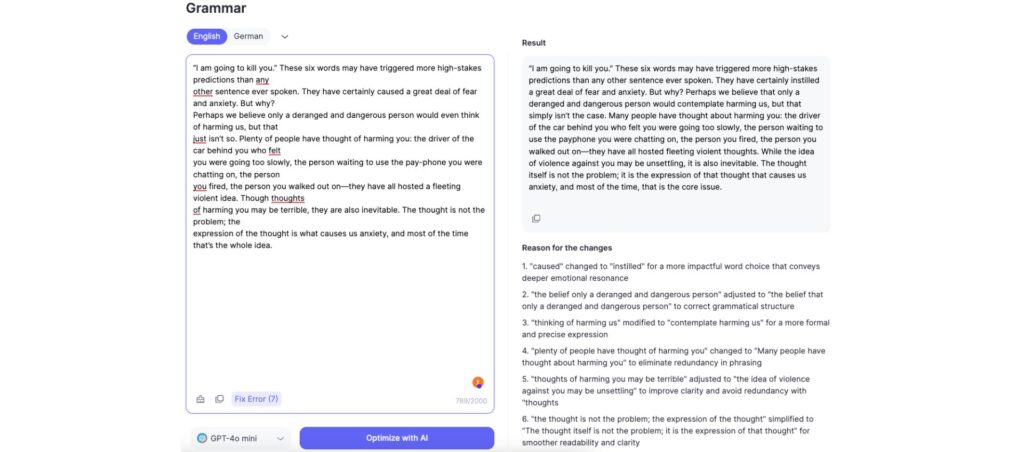
If you want to spruce up your writing, you can try out our Grammar Checker or free AI Article Writer powered by GPT 4.0.
Paint peels because it refers to layers coming off a surface.
A car peels, typically used to describe quick acceleration or breaking away from a group, like “peeling out” of a parking lot.
Eyes are peeled, meaning someone is being alert and watchful, not making any sound.
It is potato peel, as it refers to the outer skin of the potato, which is removed when cooking or eaten. Peal refers to sound, not layers or skins.

